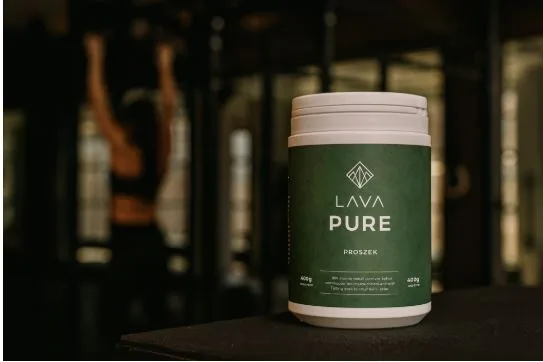When Trust Breaks: Why Consumers Turn to Courts After Drug Manufacturer Failures
Trust is the foundation of healthcare. When patients take a prescribed medication, they place their faith in doctors, regulators, and—most importantly—drug manufacturers. They believe the product is safe, effective, and honestly marketed. But when that trust is broken, the consequences can be devastating. From hidden side effects to misleading advertising, failures by drug manufacturers have pushed consumers to seek justice not in clinics, but in courtrooms.
The Fragility of Trust in Healthcare
The relationship between consumers and pharmaceutical companies is inherently one of dependence. People rely on drugs to manage chronic illnesses, heal from infections, or even save their lives. When safety warnings are minimized or side effects are concealed, patients feel betrayed. These betrayals are not only medical—they’re deeply personal, because they strike at the heart of the trust patients placed in the system.
Why Class Action Lawsuits Arise
Class action lawsuits give consumers collective strength. For many, the cost of taking on a powerful pharmaceutical company alone would be impossible. By joining together, patients amplify their voices and hold corporations accountable for negligence, unsafe products, or dishonest practices.
As Sarah N. Westcot, Managing Partner at Bursor & Fisher, P.A., explains, “Drug manufacturers have a duty to be transparent about the risks associated with their products. When they choose to prioritize profits over patient safety, lawsuits are not just justified—they are necessary to restore accountability and give consumers a path to justice.” Her perspective highlights why legal action becomes a vital recourse: it isn’t just about compensation—it’s about sending a message that trust cannot be violated without consequences.
The Human Cost Behind Legal Battles
Behind every class action lawsuit are real people whose lives have been disrupted. Families caring for loved ones injured by unsafe medications, workers losing productivity due to unexpected side effects, and communities questioning whether regulators are doing enough to protect them. For many men, who often shoulder family responsibilities, these failures don’t just affect personal health—they ripple through financial stability and emotional well-being.
Beyond Compensation: A Push for Change
While settlements and damages offer some relief, the broader goal of these lawsuits is to change corporate behavior. By holding drug manufacturers accountable, consumers push for higher safety standards, clearer warnings, and better oversight. Every lawsuit is a reminder to Big Pharma that profit cannot come at the expense of patient safety.
Conclusion
When trust breaks between consumers and drug manufacturers, the courtroom often becomes the only place left to seek justice. Class action lawsuits are not just about money—they are about accountability, transparency, and protecting future patients from the same harm. Until pharmaceutical companies consistently put safety above profit, consumers will continue to turn to the courts to defend the trust that healthcare depends on.





